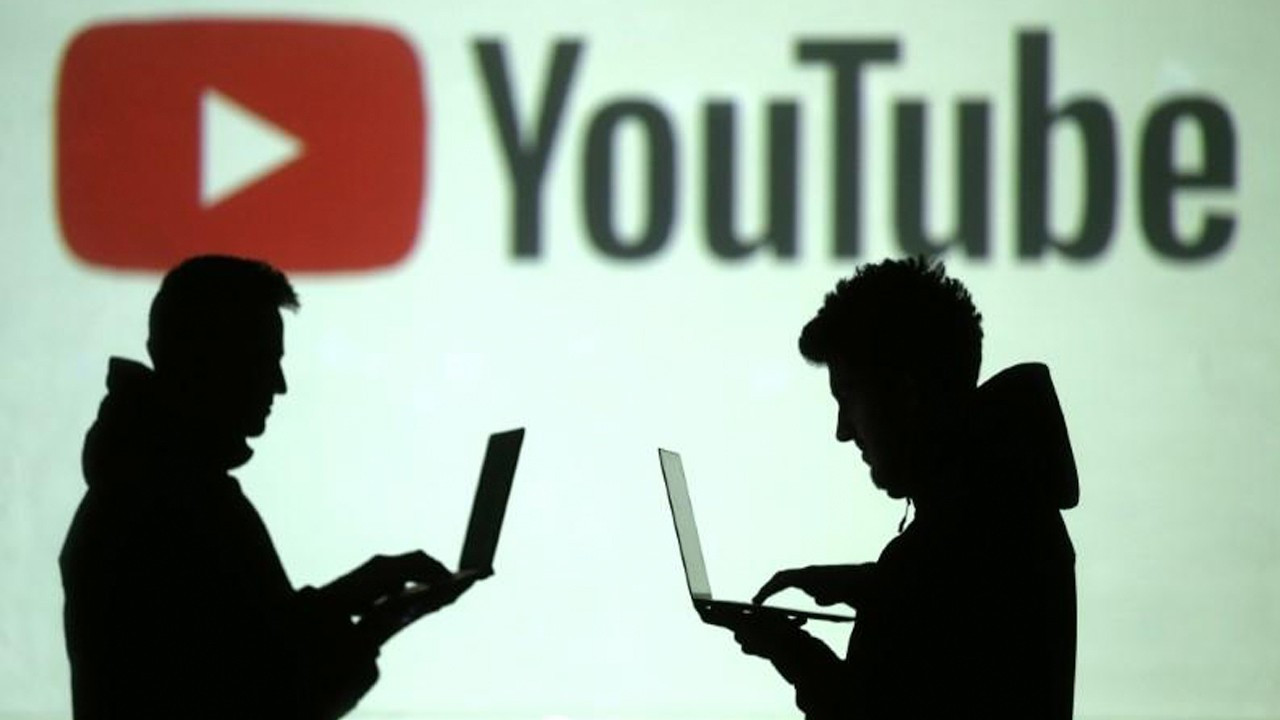Erdoğan accuses social media companies of 'digital dictatorship,' says Turkey will not bow to their pressures
President Recep Tayyip Erdoğan has said that Turkey will now bow to the pressures of social media companies, accusing them of “digital dictatorship and cyberbullying.” “Once fines were issued, they started to become lamb-like. You will pay [fines]. You going to pay here [in Turkey], just like you pay in the West,” Erdoğan said.
Duvar English
Turkish President Recep Tayyip Erdoğan has accused social media companies of “digital dictatorship and cyberbullying,” saying Turkey will not bow to their pressures.
“We will not leave Turkey to a climate where fake news, slanders, insults, threats and provocations run rampant. We will not bow to the pressures of social media companies, which see themselves above the law in looking out for our citizens' rights,” Erdoğan said on Jan. 13.
His remarks came at a media awards ceremony held in the presidential complex in the capital Ankara.
He said that social media companies have not complied with Turkish court rulings with regards to accounts that “support terrorism.”
"We can't allow terrorism, its propaganda to gain ground in the virtual world just as we don't allow terrorism within our borders," he said.
Erdoğan said that social media platforms had “started to become lamb-like” after they were fined by Turkey for not complying with the new social media law.
“Once fines were issued, they started to become lamb-like. You will pay [fines]. You going to pay here [in Turkey], just like you pay in the West,” Erdoğan said.
Erdoğan also said that the storming of the U.S. Capitol has “laid bare where digital fascism can lead to.” He said the incident showed how the “lack of monitoring of social media might cause social disorder.”
Turkey fined YouTube, Facebook and Twitter some 40 million lira each in November and December for not complying with the new social media law, which critics say muzzles dissent from people who have turned to online platforms as Ankara has tightened its grip on mainstream media.
The law allows Turkish authorities to remove content from platforms, rather than blocking access as they have done in the past, and requires social media platforms to appoint a local representative to address authorities’ concerns.
Companies that still do not follow the law after fines will have their bandwidth slashed by 90%, essentially blocking access. If companies comply, the restrictions will be lifted and a quarter of the imposed fine will be collected, according to the regulation.

 Social media giants face advertisement bans for not appointing representatives to TurkeyMedia
Social media giants face advertisement bans for not appointing representatives to TurkeyMedia Video streaming giant YouTube to appoint representative to Turkey in compliance with new social media lawMedia
Video streaming giant YouTube to appoint representative to Turkey in compliance with new social media lawMedia